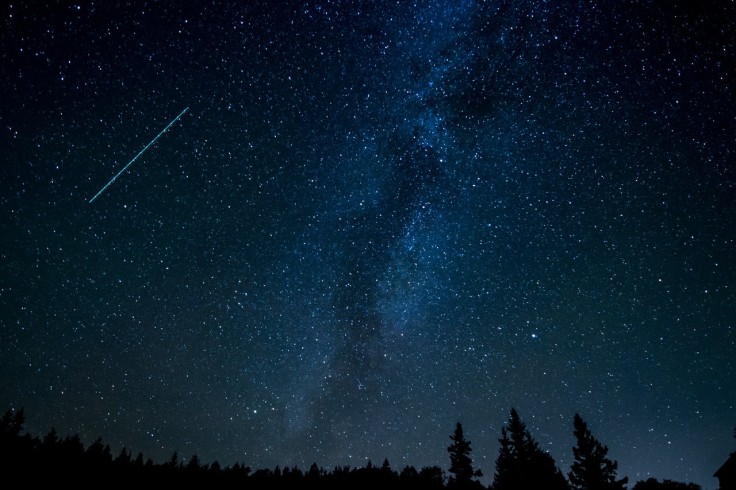
The Delta Aquariids meteor shower will be quite a show this week. Stargazers could even catch a glimpse of the Alpha Caprocrnids or the Perseids. The epic cosmic event can also be watched online.
Delta Aquariids Meteor Shower 2021
The Delta Aquariids have been active for quite some time now, with the meteor activity starting last July 12 and should stretch on until August 23, according to The Science Times. The peak activity of the meteor shower will be from July 28 to 29. At its peak, stargazers should be able to spot 25 meteors per hour.
The meteors will come from a radiant point near the Skat star or the Delta Aquarii. This star is near the Aquarius and Capricornus constellations, The Sun explained.
The Delta Aquariids are thought to be feeble meteors, usually devoid of fireballs and consistent train, The Science Times said.
Want to see more meteors? The Delta Aquariid meteor shower is long and rambling, and ongoing. You might catch a meteor anytime from about July 12 to August 23. ☄️
— EarthSky (@earthskyscience) July 26, 2021
Find out more about the Delta Aquariids and how and when to see them: https://t.co/X1h5k0PJKe
📸 AstroBob. pic.twitter.com/KzfjpNwcL4
According to NASA, people in the Southern Hemisphere and the southern latitudes of the Northern Hemisphere will have the best view of the Delta Aquariids. Stargazers in the UK and the US still stand a good chance of seeing them, though.
The meteor showers will appear in all parts of the sky, making it easy to locate. Simply find an area where you can take in as much of the clear sky as possible and lie flat on your back and look up, NASA instructed.
"Looking halfway between the horizon and the zenith, and 45 degrees from the constellation of Aquarius will improve your chances of viewing the Delta Aquariids," NASA added.
Allow for your eyes to adjust in the dark, around 30 minutes or so, and you should be able to start seeing the meteors whizz through the sky. The meteor shower show will last until dawn, allowing for plenty of time to simply enjoy the night sky.
Check the weather forecasts ahead of time and check other dates as well as different locations to best observe the meteor showers.
Starting in the evening of July 28, through the next day’s dawn, you might get your best chance to catch a glimpse of the Southern Delta Aquariids meteor shower. Learn more @ https://t.co/S2F3dls7Hl pic.twitter.com/ooGHSE6amV
— West Side Eagles (@WSEagles) July 23, 2021
How To Watch the Delta Aquariids Meteor Shower Online
Not all interested stargazers might have the opportunity to watch the night sky, whether it's not too dark to allow for optimum visibility, or the clouds are in the way.
The Virtual Telescope Project offers its services to the public by allowing access to a powerful set of robotic telescopes to view the night sky. They offer public, online observing sessions. They also make it easy and help people interested in space and all the celestial bodies take outstanding, real images of the sky as well as scientific data should they need it. The project also offers "amazing" tours of the cosmos.
Updates on the meteor shower can also be accessed via NASA's official Facebook page.
The nightly meteor shower show will stretch until late August but The Sun said it will be more difficult to catch the meteors following this week's peak.









